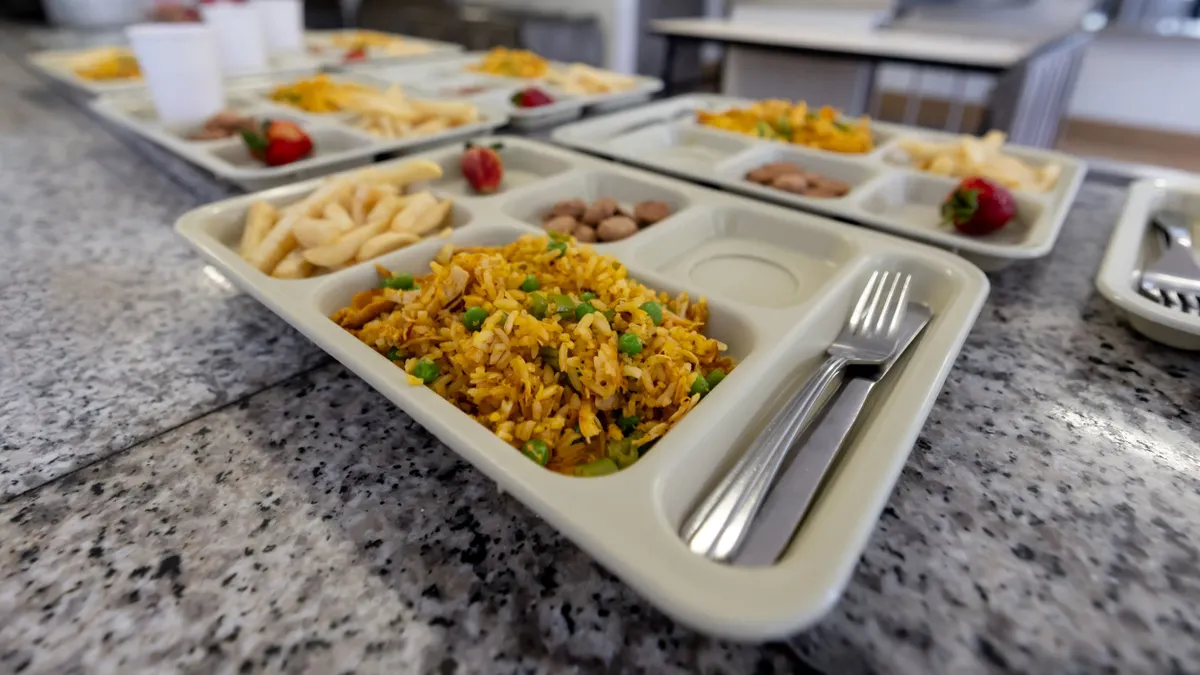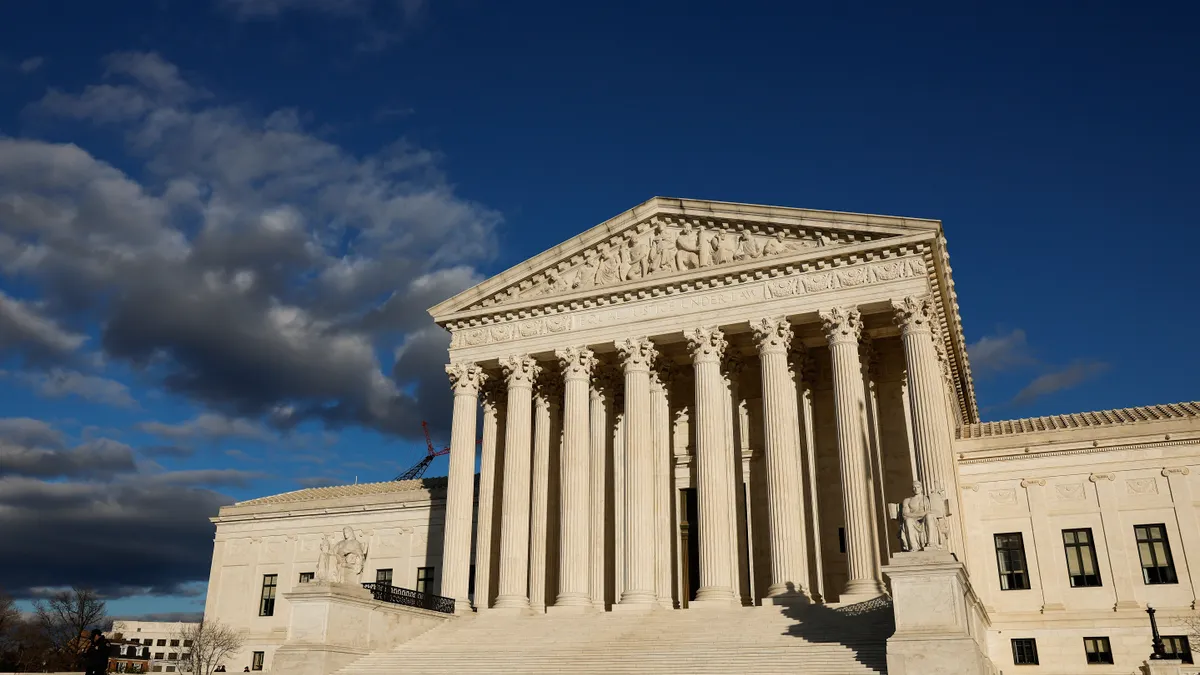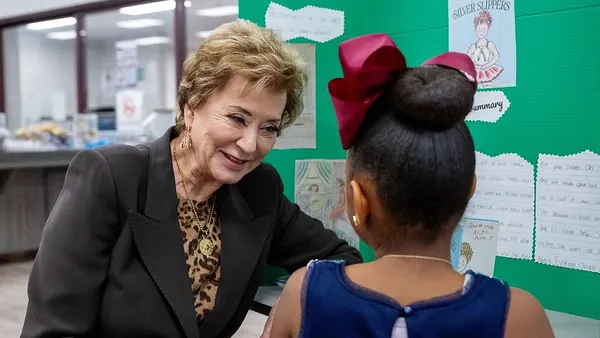Dive Brief:
- Michigan and Colorado are struggling to keep up with the costs of their statewide universal school meal programs ahead of the new school year.
- In an August memo, Michigan State Superintendent Michael Rice encouraged school district leaders to offer free meals at the beginning of the school year despite funding for the state’s universal meal program running out Sept. 30. The state legislature has yet to approve a 2026 state school aid budget.
- In Colorado, voters will consider a referendum during the 2025 election on whether the state can withhold a total of $12.4 million from taxpayers who earn at least $300,000 annually to cover the growing costs of the state’s universal meal program. Additionally, voters will decide whether the state can increase its income taxes by $95 million annually to support the program.
Dive Insight:
Statewide universal school meal programs are experiencing financial strain as state legislatures struggle to keep up with the unexpected demand from students eating free meals.
Student participation in Colorado’s school meal program surged by 32% in the 2023-24 school year — when the state’s program first went into effect — compared to the year before, according to a December 2024 analysis by the Urban Institute. “The increase in participation was far higher than originally estimated, and by spring 2024, the program’s expenditures were projected to exceed available revenue,” the report said.
During the 2023-24 school year, high participation rates cost Colorado over $46 million more than originally projected, according to a state legislature report.
Urban Institute also estimated that Colorado’s universal school meal program could see a budget shortfall of up to $16.5 million by the 2024-25 school year.
Meanwhile in Michigan, student participation increased by 31% for school breakfasts and 25% for school lunches from the 2023-24 school year to October 2024, according to an April statement from the state’s Department of Education. The program went into effect in the 2023-24 school year.
Michigan’s universal school meal program was funded by the state legislature at $200 million for the 2024-25 school year.
But as Michigan’s state legislators continue to debate the fiscal year 2026 budget, schools and districts remain uncertain about their ability to serve free meals to their students unless they’re participating in the Community Eligibility Provision, a federal program that helps high-poverty schools provide universal school meals.
Rice cautioned Michigan school leaders “from making too quick a decision” about their participation in CEP and the state’s universal school meal program, because the U.S. Department of Agriculture has made it clear that CEP adjustments cannot be reversed during the same school year. He added that schools should continue offering free meals at the beginning of the school year to take advantage of the benefits for “student health, attendance, and performance.”
Michigan and Colorado are among nine states to implement their own universal school meal programs in recent years, according to the Food Research & Action Center. The other states include California, Maine, Massachusetts, Minnesota, New Mexico, New York and Vermont.
President Donald Trump’s "Big, Beautiful" budget law, which Congress passed in July, is likely to create another financial barrier for these states’ universal meal programs, anti-hunger advocates have warned. The legislation includes cuts to the Supplemental Nutrition Assistance Program and Medicaid that could have severe ripple effects for these programs.
SNAP and Medicaid cuts are expected to reduce the number of students who are automatically opted into free school meal programs like CEP and will also increase the costs of running the fairly newer statewide universal meal programs.












